1. Bees Are Vital for Food Security
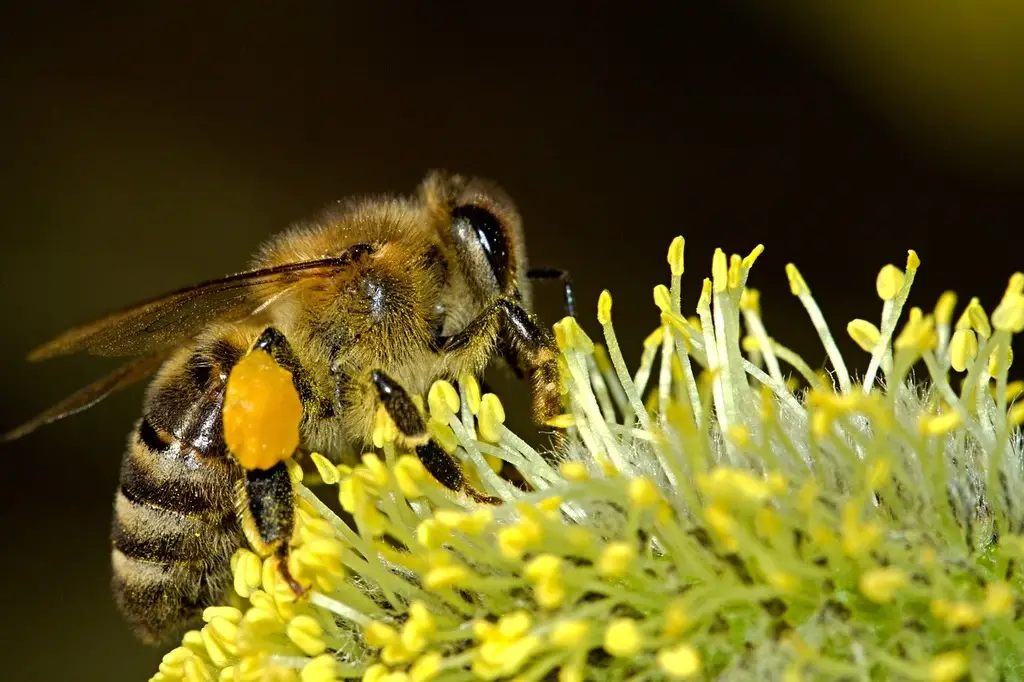
According to the USDA NIFA, bees are responsible for pollinating around 75% of the crops we eat, from almonds to apples. Without them, our global food supply would be in serious jeopardy, as many fruits, vegetables, and nuts rely on their pollination. Backyard beekeeping directly supports these efforts by sustaining local bee populations. By ensuring pollinators are present, backyard beekeepers play a critical role in protecting the variety and abundance of food in their communities. Additionally, bees’ work extends to crops like coffee and cocoa, meaning they contribute to the enjoyment of everyday indulgences.
Keeping a hive ensures there are enough pollinators to keep local gardens, farms, and orchards thriving. It also reduces dependency on commercial bee colonies, which are often transported across states and face added stress. Supporting food security through beekeeping is not only an ecological act but also a step toward community resilience. Beekeepers also have the opportunity to educate neighbors and friends about the link between bees and the food they eat. This shared knowledge can inspire others to make more pollinator-friendly choices, such as planting native flowers or reducing pesticide use.
2. Backyard Beekeeping Boosts Local Biodiversity
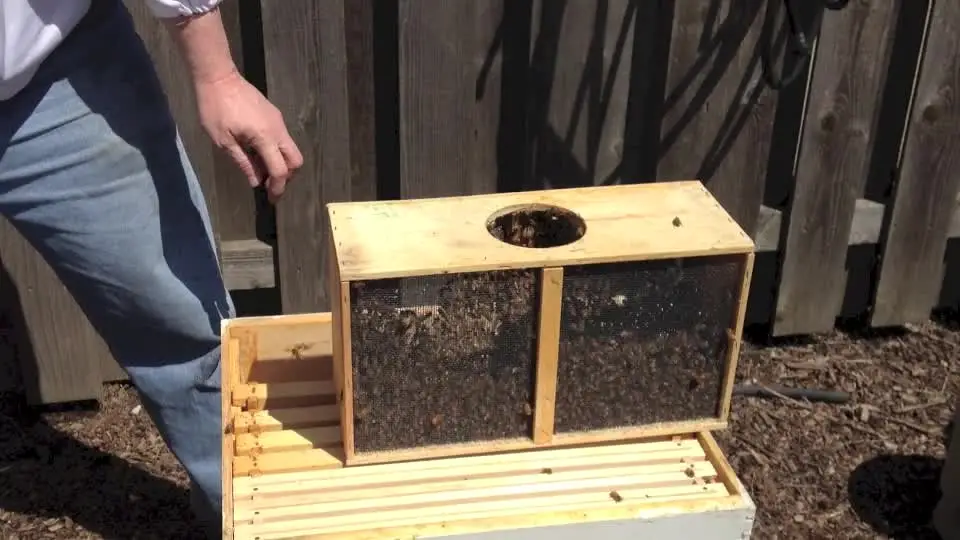
Setting up a hive in your backyard does more than just help bees; it has a ripple effect on the local ecosystem. When bees pollinate flowers, they enable the growth of seeds and fruits, which feed other animals, including birds and small mammals. This increases the biodiversity of your area, as more plant species can thrive with regular pollination. The benefits extend to ornamental plants in gardens and native species that are crucial to your region’s ecology. According to the World Wildlife Fund, bees’ activities also improve soil health, as the plants they pollinate can contribute to better ground cover and reduced erosion. A hive in your backyard becomes a focal point for environmental health, creating a sanctuary for pollinators and other creatures.
Beekeepers often notice an increase in the variety of butterflies, beetles, and other beneficial insects near their hives. Additionally, planting diverse flowers and shrubs to support your bees helps create a lush, vibrant garden that supports various life forms. Over time, this interconnected web of life strengthens the resilience of your local environment. The positive impact of one hive can inspire others in your neighborhood to take similar actions, amplifying biodiversity across the community.
3. It’s Easier Than You Think to Start
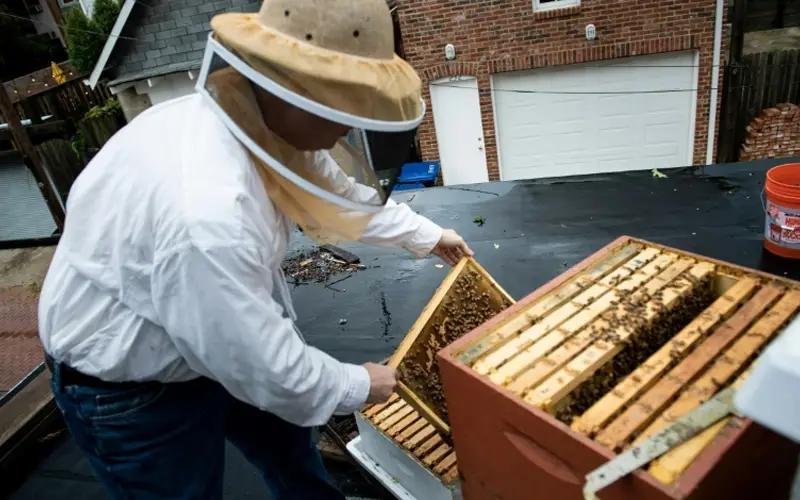
Contrary to popular belief, you don’t need a sprawling property or years of experience to start beekeeping. Many beginners start with small, manageable hives that can fit in suburban backyards or even urban rooftops. Thanks to the rise of beekeeping as a hobby, there are now countless resources to help you get started. Online courses, beginner-friendly books, and instructional videos make learning about bees accessible to everyone. Local beekeeping clubs and associations also offer mentorship programs, where experienced beekeepers guide newcomers through the process. Starter kits are widely available and typically include everything you need, from protective gear to hive components, like the ones sold by Maybee Hives.
The initial setup costs are often reasonable, and maintaining a hive is not as time-consuming as one might expect. With proper planning, most hives require only periodic checks to ensure the bees are healthy and thriving. Urban and suburban areas are often surprisingly well-suited for bees due to the diversity of flowers and plants available. Once you’ve started, you’ll quickly learn to appreciate the intricacies of bee behavior and hive dynamics. The process is not only rewarding but also deeply educational, offering a hands-on way to connect with nature.
4. You’ll Produce Your Own Honey
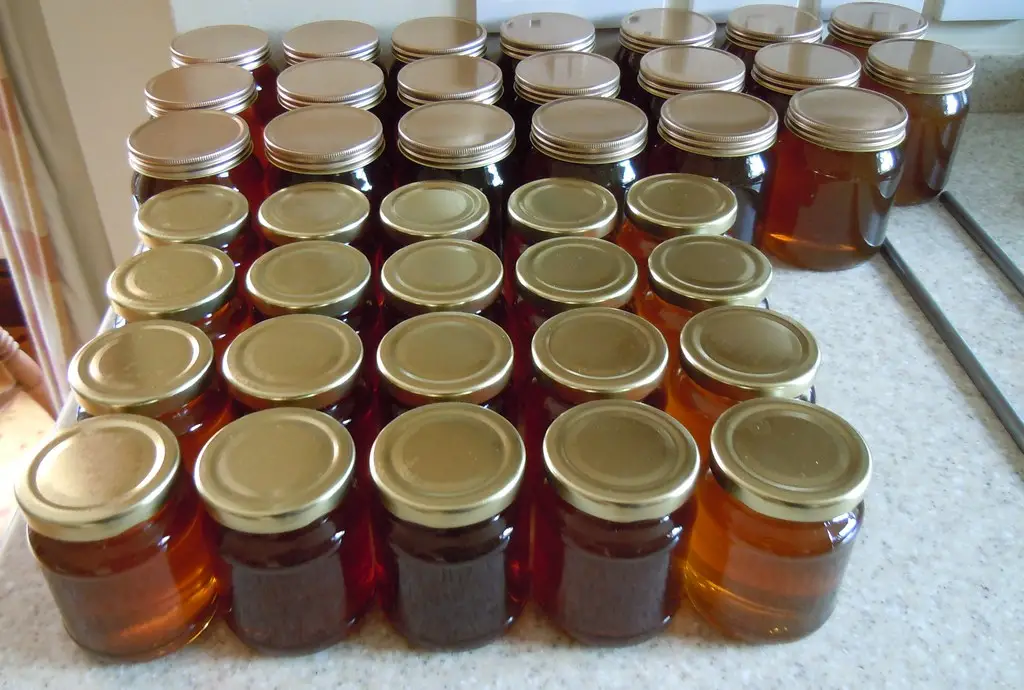
One of the most tangible rewards of beekeeping is the honey your hive produces. According to the British Beekeepers Association, a single hive can yield anywhere from 20 to 60 pounds of honey annually, depending on factors like hive size and environmental conditions. This natural, unprocessed honey is often far superior in taste and quality to store-bought options. Many commercial honey products are blended with additives or sourced from multiple locations, losing their unique flavors. By harvesting your own honey, you gain a deeper appreciation for the work that goes into every drop. Additionally, local honey has health benefits, as it may help reduce allergies by exposing you to small amounts of local pollen. Beyond honey, beekeeping also provides access to beeswax, which can be used for making candles, lip balms, and other homemade products.
Sharing jars of honey with friends and family is a great way to spread awareness about the importance of bees. It’s also an opportunity to educate others about the benefits of supporting local pollinators. Each harvest season becomes a celebration of your bees’ hard work and the positive impact they have on your community. Producing honey connects you to a tradition that has been part of human culture for millennia, offering a taste of history and sustainability.
5. A Hive Helps Combat Colony Collapse Disorder (CCD)
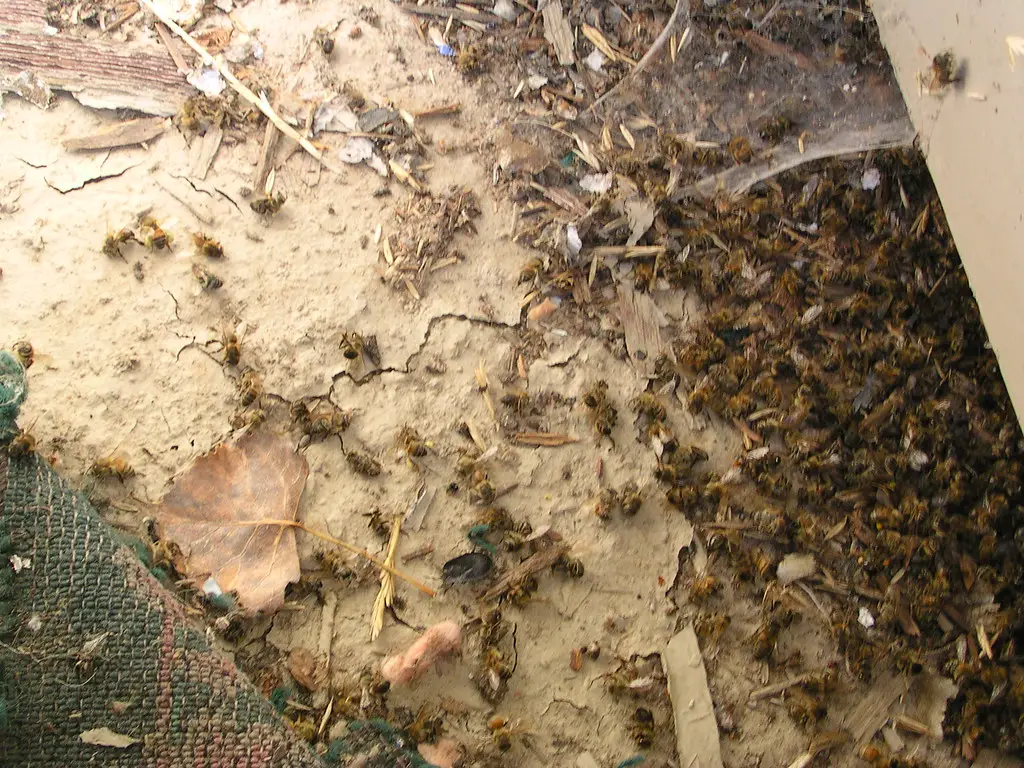
According to the U.S. Environmental Protection Agency, Colony Collapse Disorder (CCD) has been a significant concern for beekeepers and environmentalists alike. CCD occurs when the majority of worker bees in a colony disappear, leaving behind the queen and a few nurse bees to care for the remaining brood. This phenomenon has been linked to factors such as pesticide exposure, habitat loss, and diseases. Backyard beekeeping plays a crucial role in mitigating the effects of CCD by providing safe, pesticide-free environments for bees to thrive. Hobbyist beekeepers often prioritize the health and well-being of their bees, avoiding practices that contribute to stress and disease. By maintaining healthy colonies, they help stabilize local bee populations and create a buffer against larger-scale losses.
Education is another important aspect of combating CCD, and many backyard beekeepers take it upon themselves to inform their communities. They encourage others to plant pollinator-friendly gardens and reduce the use of harmful chemicals. Each hive becomes a small yet powerful tool in the fight against pollinator decline. By addressing the root causes of CCD at a local level, backyard beekeepers contribute to broader efforts to save bees globally. The cumulative impact of these individual efforts is a testament to the power of grassroots action in environmental conservation.
6. Beekeeping Promotes Mental Well-being
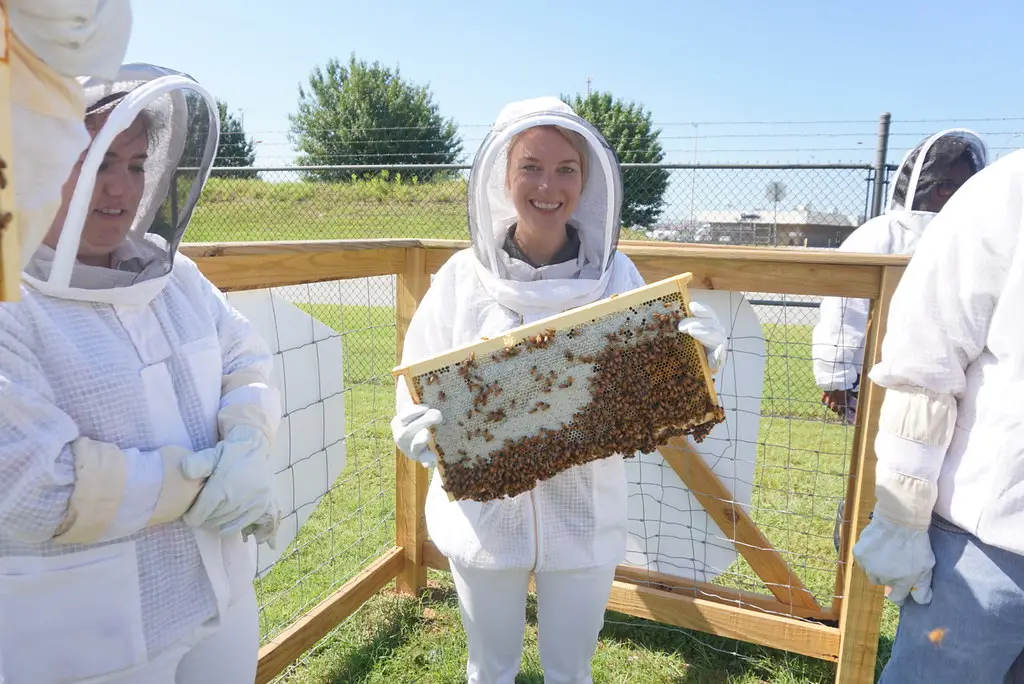
Interacting with nature has been shown to have profound benefits for mental health, and beekeeping is no exception. Many backyard beekeepers find the experience to be calming and meditative, offering a chance to disconnect from daily stressors. Observing the intricate behaviors of bees and their teamwork within the hive can be both fascinating and inspiring. Tending to a hive requires focus and patience, which can help reduce anxiety and improve mindfulness. The physical activity involved in managing a hive also promotes overall well-being, offering a healthy outdoor hobby. Beekeeping encourages a sense of purpose and connection, as you actively contribute to the health of your local environment.
Many beekeepers report feeling a deep sense of accomplishment when they see their hives thriving. This sense of stewardship extends to other areas of life, fostering a greater appreciation for nature and sustainability. Additionally, sharing the experience with others—whether by teaching, hosting hive tours, or gifting honey—creates meaningful social connections. Over time, the practice of beekeeping can transform not just your backyard but also your outlook on life. It’s a reminder of the interconnectedness of all living things and the impact one person can make.
7. It Creates a Sense of Community
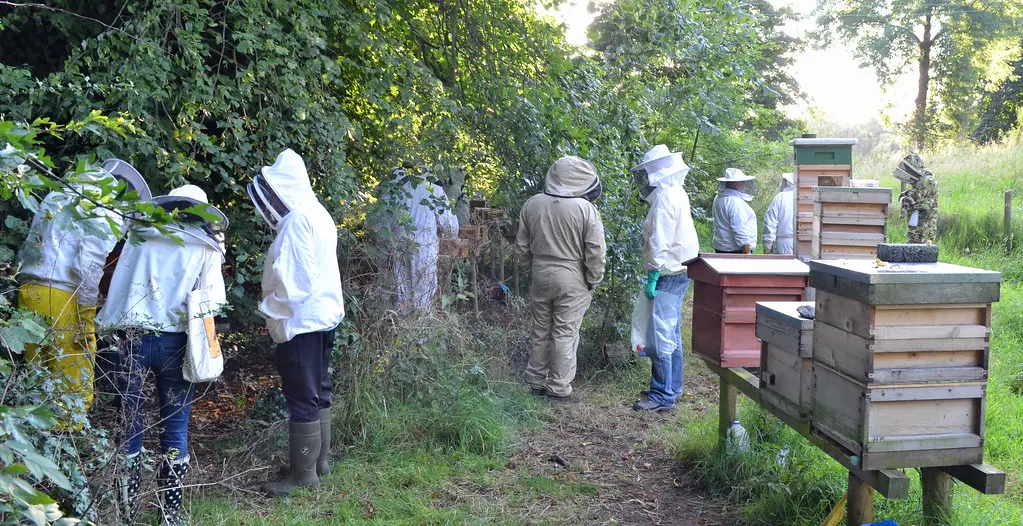
Beekeeping has a unique way of bringing people together, fostering connections among neighbors, friends, and fellow enthusiasts. Local beekeeping groups often organize meetups, workshops, and events that allow individuals to share knowledge and experiences. These gatherings create opportunities to learn from seasoned beekeepers and exchange tips on best practices. Community beekeeping projects are also becoming increasingly popular, with shared hives in community gardens or urban spaces. These initiatives provide access to beekeeping for those who may not have the space or resources to maintain their own hive. Sharing honey and beeswax products with neighbors can spark conversations about pollinators and sustainability. Many beekeepers also partner with schools and organizations to educate the next generation about the importance of bees.
Events like honey tastings and hive tours are not only fun but also serve to raise awareness about environmental issues. The collaborative nature of beekeeping extends to problem-solving, as beekeepers often support one another during challenges like hive health or pests. This sense of camaraderie reinforces the idea that environmental stewardship is a collective effort. By participating in the beekeeping community, individuals become part of a larger movement working toward a sustainable future.
8. Beekeepers Educate the Next Generation
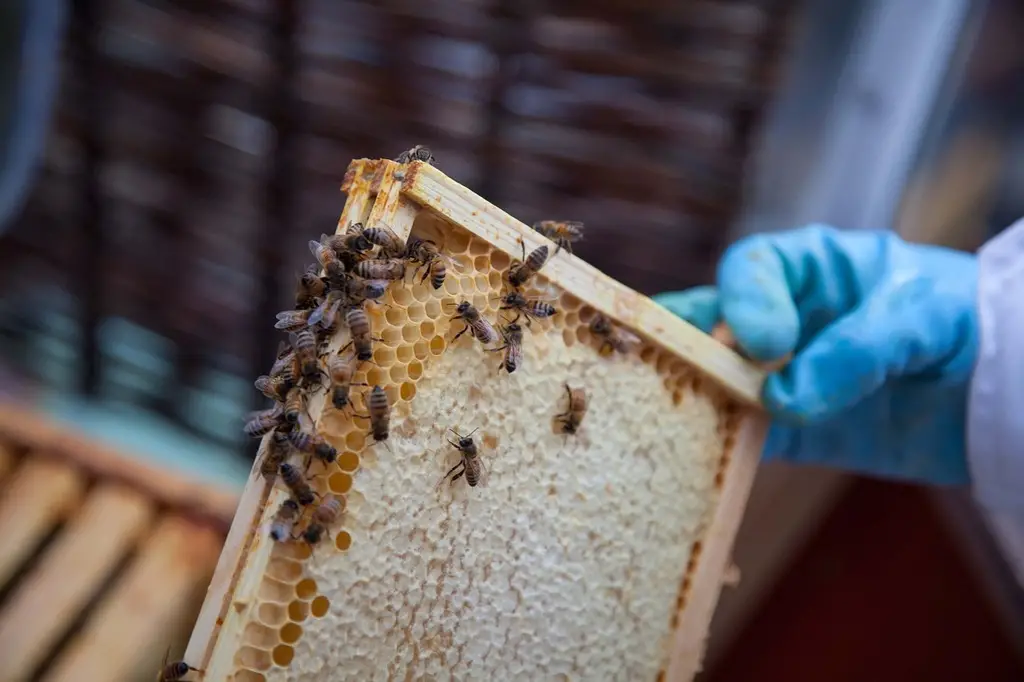
One of the most impactful aspects of backyard beekeeping is its educational potential. Many beekeepers take their knowledge to schools, libraries, and community centers to teach others about the importance of pollinators. Children, in particular, benefit from hands-on experiences like hive visits and honey extraction demonstrations. These activities foster curiosity about nature and an understanding of ecological systems. By learning about bees’ role in pollination, young people gain a deeper appreciation for the environment and their place within it. Beekeepers often collaborate with educators to develop programs that align with science curricula, making lessons engaging and relevant. These efforts help cultivate a new generation of environmental advocates who are equipped to address future challenges.
Beyond formal education, casual conversations with friends and family about beekeeping can also spread awareness. Sharing stories, photos, and honey harvests sparks interest and inspires others to take action. Educating the public about pollinators creates a ripple effect, as more people adopt practices that support bee populations. Over time, these efforts contribute to a cultural shift toward greater environmental responsibility. Beekeeping, therefore, becomes not just a personal hobby but a powerful tool for community education and engagement.
9. You’ll Reduce Your Environmental Footprint
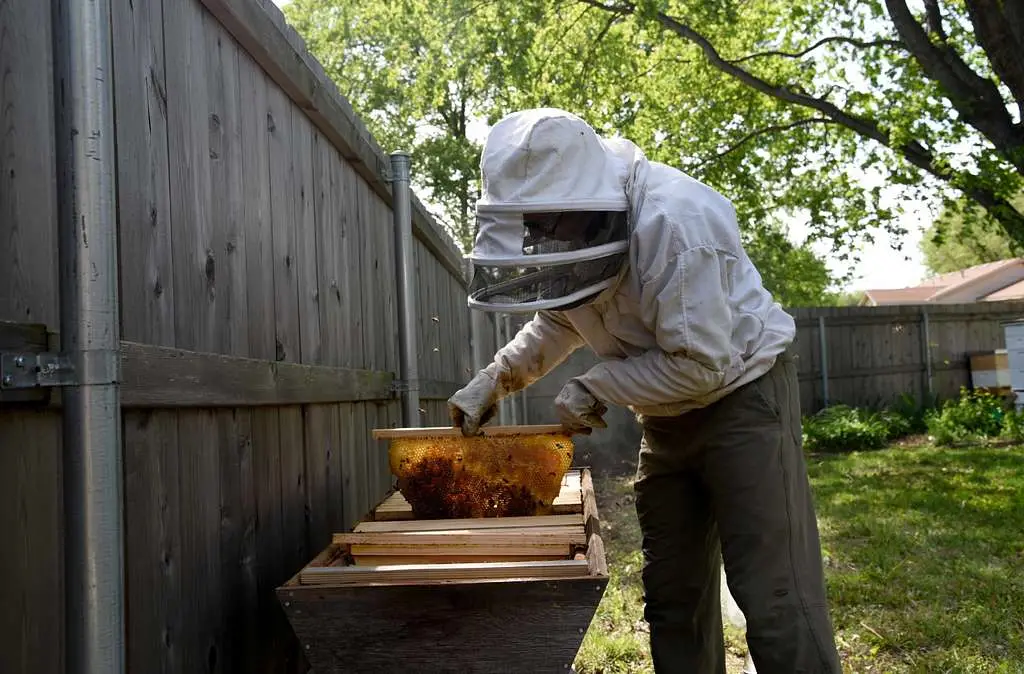
Backyard beekeeping is a sustainable practice that aligns with efforts to reduce our overall environmental impact. By supporting local pollinators, beekeepers contribute to the health of their immediate ecosystems, reducing the need for industrial-scale agricultural practices. The honey produced by backyard hives is a local, eco-friendly alternative to commercially packaged honey. It eliminates the carbon footprint associated with transporting honey over long distances. Additionally, beekeepers often adopt other environmentally friendly practices, such as planting native flowers and reducing chemical use.
The presence of a hive encourages sustainable gardening and landscaping, as pollinator-friendly plants become a priority. This shift not only benefits bees but also improves soil health and water conservation in the area. Beekeeping also fosters awareness of broader environmental issues, inspiring individuals to make more eco-conscious choices in their daily lives. Many beekeepers advocate for reducing single-use plastics and other pollutants that harm wildlife. By aligning with nature’s rhythms, backyard beekeeping reminds us of the importance of living in harmony with the environment. Each hive serves as a small yet impactful step toward a more sustainable future, proving that individual actions can drive meaningful change.
10. It’s a Step Towards Self-Sufficiency
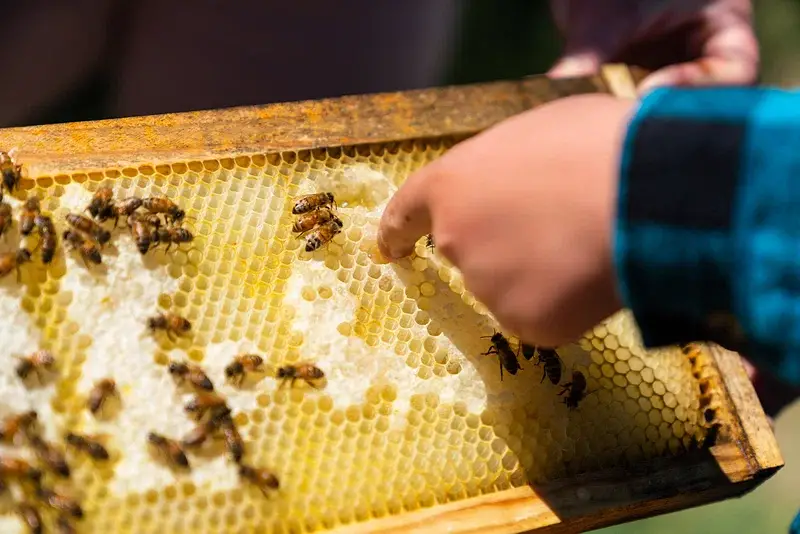
In an age of increasing reliance on large-scale systems, backyard beekeeping offers a refreshing path toward self-reliance. Keeping bees allows individuals to produce their own honey, beeswax, and other byproducts, reducing dependency on store-bought goods. Many beekeepers take pride in crafting homemade items like candles, lip balms, and soaps from beeswax. This creative aspect of beekeeping adds a layer of personal satisfaction to the hobby. Harvesting honey and wax also teaches valuable skills, such as patience, problem-solving, and attention to detail.
Beekeeping aligns with broader trends in homesteading and sustainable living, as people seek to reduce waste and live more intentionally. The ability to produce natural, chemical-free products is especially appealing in today’s health-conscious culture. Additionally, the self-sufficiency gained from beekeeping extends beyond the practical. It fosters a sense of empowerment and connection to nature, reminding us of our ability to nurture and create. Sharing these products with others strengthens community ties and spreads awareness about sustainable practices. Ultimately, backyard beekeeping is not just about keeping bees—it’s about fostering a lifestyle that values independence, sustainability, and harmony with the environment.


